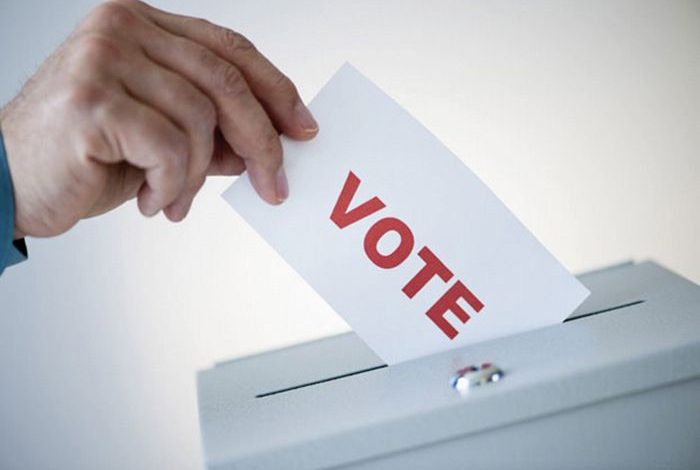Connexion: Neighbourhood self-governance (Final Part)


Connexion
By Joachim Ng
In a matter of days you will be casting your vote for people who aren’t really close to you. A more familiar face would be your good neighbour. Living down the street or running a business at the corner, s/he may be a lot better suited to deliver results for your local community.
If your neighbour is a property owner duly paying the yearly assessment tax, s/he ought to have legal right as a ratepayer to participate in governing the neighbourhood. Without ratepayers contributing their hard-earned money, the local authority of a town or city would find its income halved.
Hence, there should be a Neighbourhood Management Act carving up every urban area into neighbourhoods and stipulating that all neighbourhoods must elect a management committee of perhaps 10 ratepayers to govern the locality. There must also be appointed members — public servants — perhaps five, to give advice and to execute decisions as full time professionals. A growing trend is the development of secured eco-friendly neighbourhoods. In such locales the developer should be contractually authorised to undertake the public service role in the management committee, and there should be lower assessment tax on ratepayers as the developer is absorbing the cost of public services.
Elected members of the committee — the ratepayers — could serve a two-year term with a cap of two terms. How do we ensure that the right people get elected? Ah, no way out of politics. But there is a new way: Artificial Intelligence (AI). This transformative software with deep-learning abilities can be programmed to identify ratepayers who best fulfill the criteria of socially responsible, knowledgeable, and non-partisan leadership. AI can produce a slate of qualified candidates every two years from which to elect the ratepayers. It can also be programmed to assess without any bias the performance of every committee member — elected and appointed. To ensure that all elected members serve without grouching, they should be given a small monthly allowance on condition they fulfill their duties.
Neighbourhood self-governance provides the connection between strangers, transforming them into neighbours, and binding all Malaysians together regardless of ethnicity, religion, culture, or profession in the recognition that “we” share the same common interests. We have a common identity as neighbours; we can walk the talk together in governing Malaysia better.


